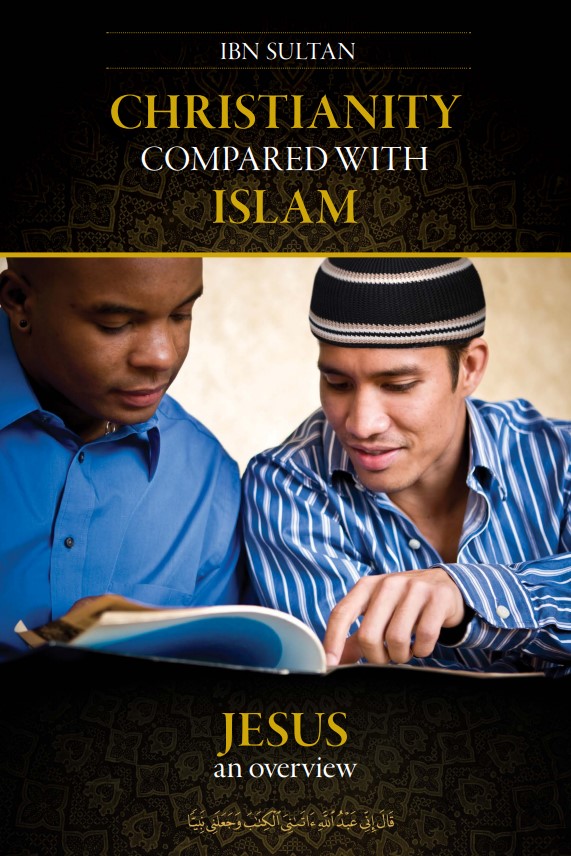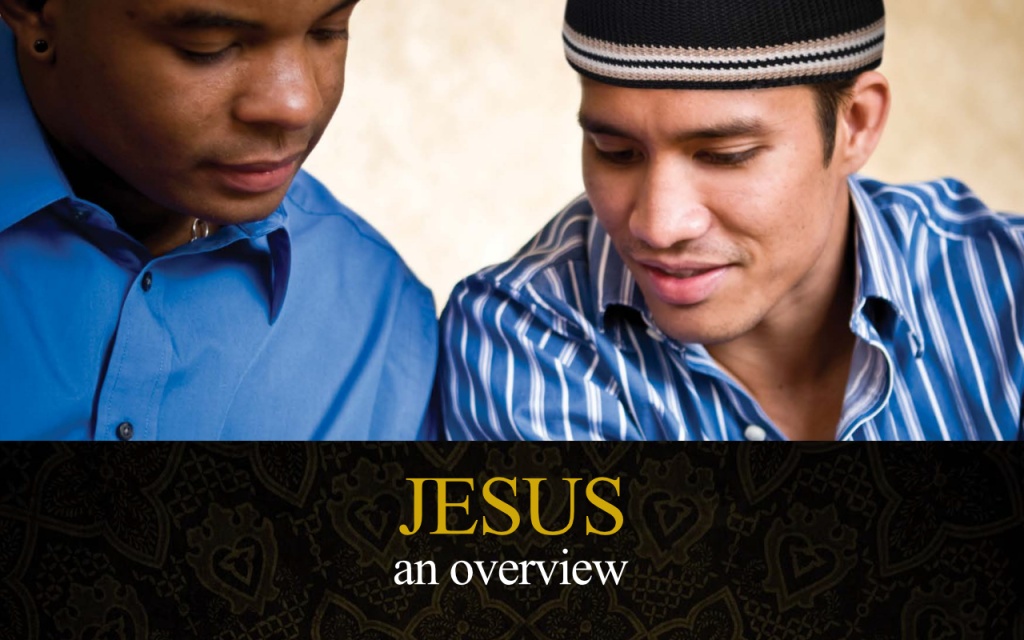

Chapters
« Ch. 3 - Why think about Jesus?
The Christian Perspective
There are four Gospels (Matthew, Mark, Luke and John) in the New Testament of the Bible. These describe what Jesus taught and who He is. There is general consensus among scholars that the Gospels were written down in the 1st century. That means they were written when most of the eyewitnesses to Jesus’ ministry were still alive. If the Gospels had included anything false about Jesus, this would have been spotted by the Apostles and the people who had heard Jesus teach. But even with this context in mind, it is important to know if we can trust them. So we are going to look at the evidence for the Christian Gospels and compare that to the evidence for the Islamic view that the Christian Gospels are false and have replaced the true Injil.
Manuscript Evidence
Manuscripts{4} (and fragments of manuscripts) from the New Testament exist in abundance – some of them date back to within 25 years of the death of the Apostle John. As the Christian view of Jesus spread across the world, many copies of the New Testament had to be made and many translations were required. This means that scholars have many manuscripts to check and compare with one another.
There are now more than 5,686 known Greek manuscripts of the New Testament. Additionally there are over 10,000 Latin Vulgate versions, at least 9,300 other early versions, and we have close to, if not more than, 25,000 manuscript copies of portions of the New Testament in existence today
The Islamic Perspective
You might think that the four Gospels in the Bible were written about Jesus by men. You might have been taught that the Injil was given to Jesus by Allah and that’s what is truly authentic.
Since the Qur’an does not mention the four Gospels, it is often taught that this Injil must have been lost and that the Gospels must have been invented by Christians at a later date. If this is true, the Gospels would not be the Word of God but merely the words of men. If we are to believe what is true about Jesus, we need to decide which revelation is the Word of God: the Bible or the Qur’an. It is therefore important to look at the evidence for the Injil.
Manuscript Evidence
Scholars have discovered thousands of manuscripts for the four Gospels but no-one has ever found any manuscript called the Injil.
Muslims often teach that it was passed down via ‘oral tradition’ and simply never written down but Jesus (Isa) lived in a literate society. To believe that the Injil was never written down involves believing that Allah gave Jesus some teaching that was precious beyond measure but no-one, anywhere, thought to make a note of any of it.
Historical Evidence
Good theology must be rooted in accurate history. If the history written down within a document is correct, it adds credibility to the theology within a document. For example, classical historian A N Sherwin-White says of Acts, “The confirmation of historicity is overwhelming. Any attempt to reject its basic historicity, even in matters of detail, must now appear absurd.”{5}
Scholars such as Michael Wilkins and J P Moreland conclude that, even if we did not have any Christian writings, “we would be able to conclude from such non-Christian writings as Josephus, the Talmud, Tacitus, and Pliny the Younger that:
- Jesus was a Jewish teacher;
- Many people believed that He performed healings and exorcisms;
- He was rejected by the Jewish leaders;
- He was crucified under Pontius Pilate in the reign of Tiberius;
- Despite this shameful death, His followers, who believed that He was still alive, spread beyond Palestine so that there were multitudes of them in Rome by AD 64;
- All kinds of people from the cities and the countryside – men and women, slave and free – worshipped Him as God by the beginning of the second century.”{6}
Historical Evidence
The Qur’an says a lot about Jesus, yet does not give much detail of His context. The Qur’an doesn’t mention the names of any of His followers – or tell us what they did for a living. It doesn’t mention any of the geography of where He lived, the political situation of Israel or the religious sects that were prominent at the time. It doesn’t talk about the kinds of things other writers of Jesus’ time were writing about. That means there is no evidence within the Qur’an that can be compared to other historical sources to test its accuracy.
Are you wondering if this is really important? It is very important because it shows that the Qur’anic narrative of Jesus cannot be historically verified.
If there is an assumption that Christians’ Scripture is not reliable, then why does the Qur’an say that you ask the Jews and the Christians if you are in doubt?
So if you are in doubt, [O Muhammad], about that which We have revealed to you, then ask those who have been reading the Scripture before you. The truth has certainly come to you from your Lord, so never be among the doubters. (Quran 10.94) Sahih International.
Theological Evidence
Christians believe the Taurat, the prophets and the Psalms are the Word of God.vii They contain verbal pictures and metaphorical language that prepare people for the coming of the Messiah. God spoke through the prophets saying that the Messiah would come and He would accomplish a special mission which no other prophet was able to do – to set people free from the bondage of slavery to sin (Isaiah 53). When the angel Gabriel gave the news to Joseph that Mary was going to bear a son, the angel said:
“She will give birth to a son, and you are to give him the name Jesus, because he will save his people from their sins” (Matthew 1:21).
Indeed, Jesus said Himself that the Old Testament was pointing to Him: “He said to them, “This is what I told you while I was still with you: Everything must be fulfilled that is written about me in the Law of Moses, the Prophets and the Psalms” (Luke 24:44).
This internal consistency makes sense, after all. God is powerful enough to ensure that every word that is taught and written down links together well. In fact, in the Bible, Jesus promises to send a helper (the Holy Spirit) who “will teach you all things and will remind you of everything I have said to you” (John 14:26).
Theological Evidence
While the Qur’an is clear that the Taurat, the prophets and the Psalms (the previous revelations) are all from God – and it commands Muslims to believe in them – it does not make any theological connections with the previous revelations. For example, the Qur’an simply incorporates the idea that Jesus is the Messiah (Al-Masei in Arabic), without elaborating what the Messiah is supposed to accomplish. There are many prophecies in the previous revelations regarding the Messiah but the Qur’an does not make links with any of these.
You might think that the reason the Qur’an doesn’t make any links is because the previous revelations have been changed or because the Qur’an supersedes these earlier writings. If so, it is worth asking the question: Did God really allow His Word to be changed?
Believing that the original Injil has been lost or that previous revelations in the Old Testament and New Testament have been corrupted raises questions. Why would Allah allow that to happen? Was Allah powerless to stop people (Jews and Christians) thwarting his plans?
You may also be wondering if the Qur’an is referring to a different Taurat, the prophets and the Psalms. But no evidence of any other manuscripts has ever been found. The Jews and Christians are in agreement on this: the previous writings (the Old Testament) are the Word of God and God has kept them safe to this day.